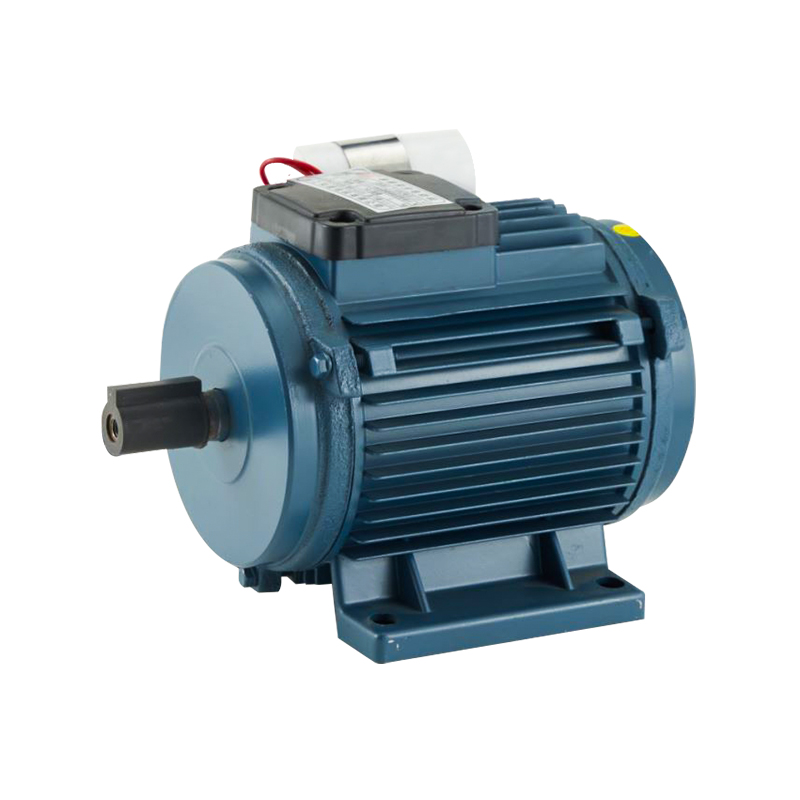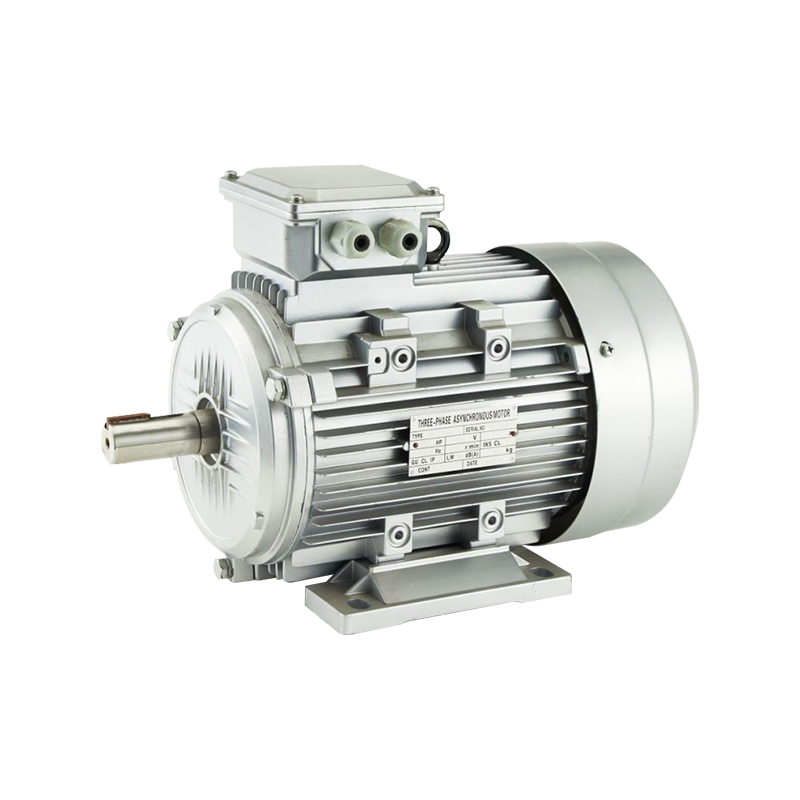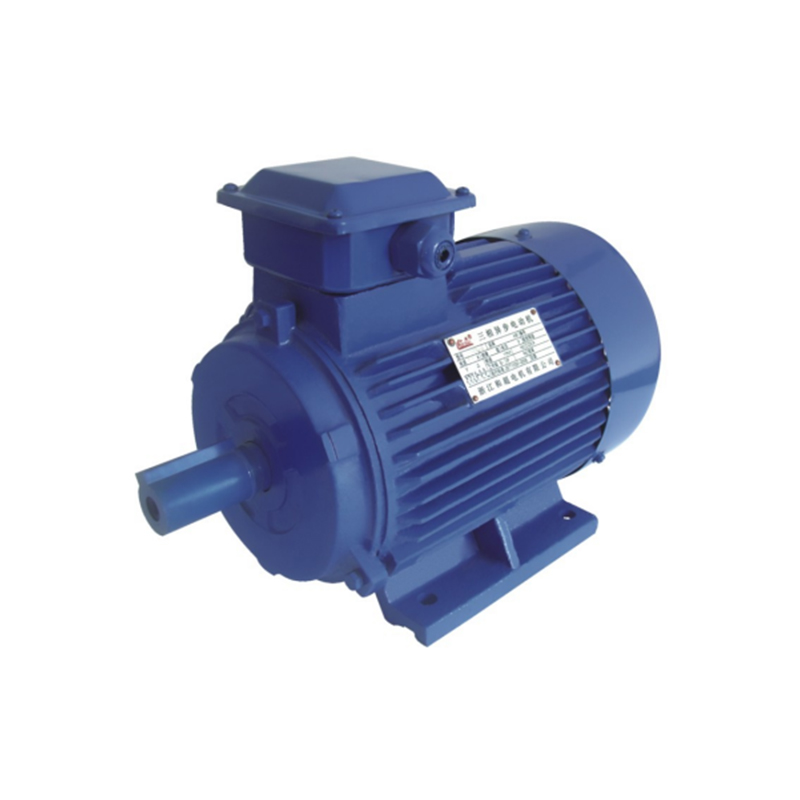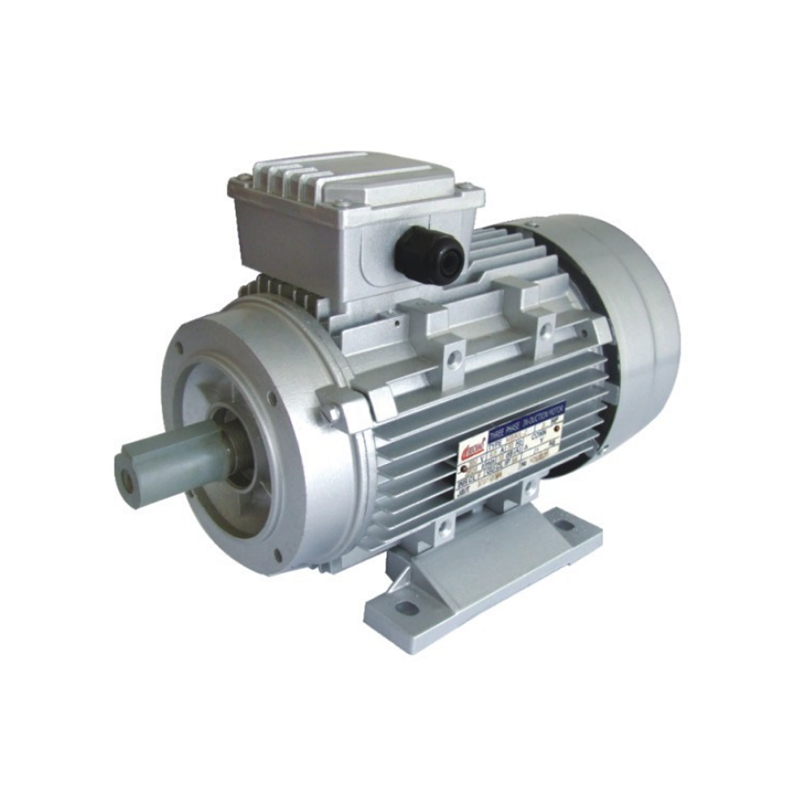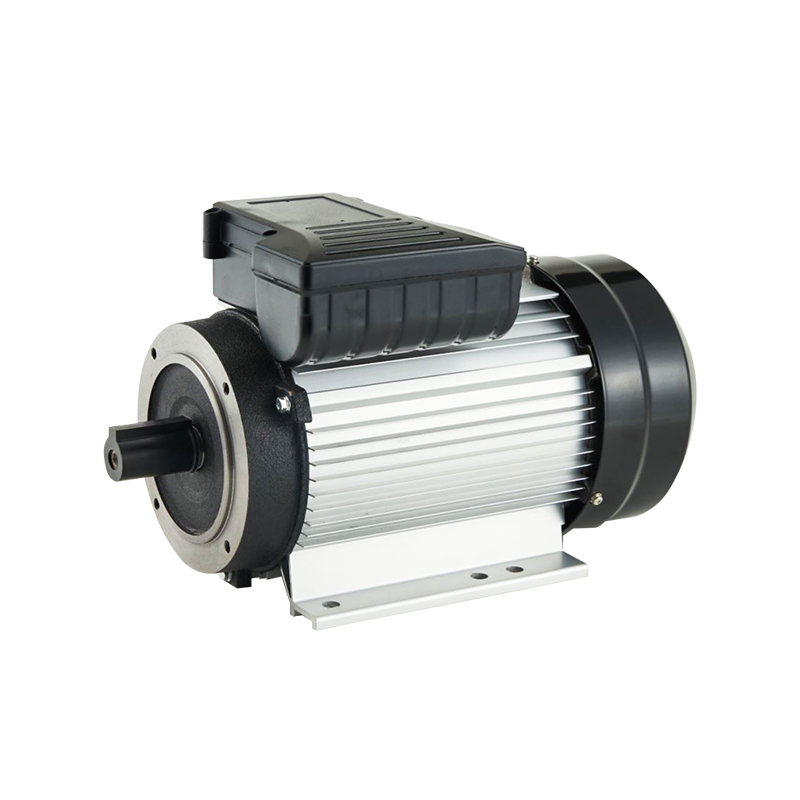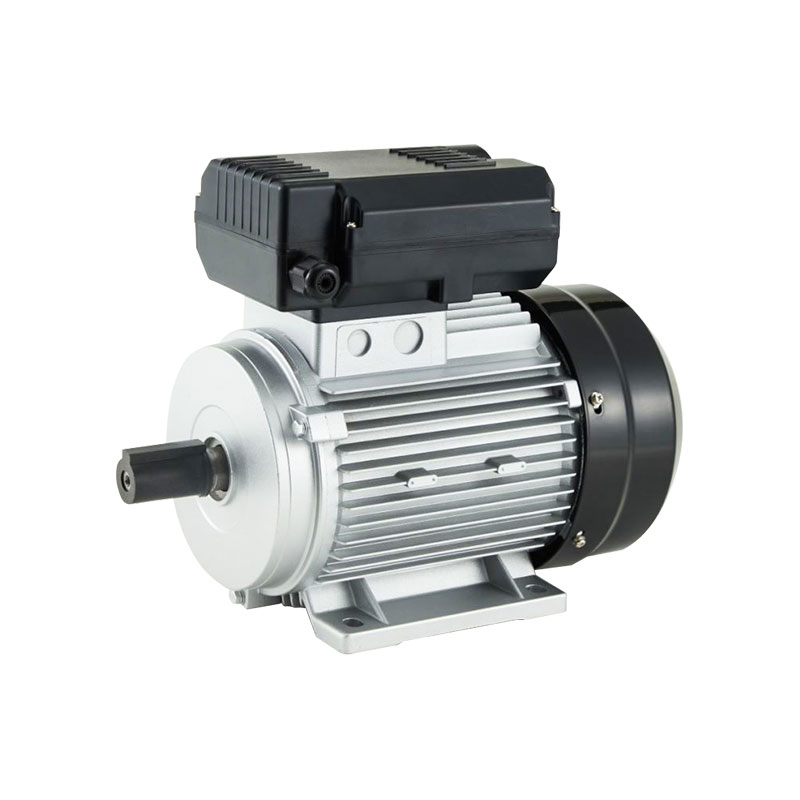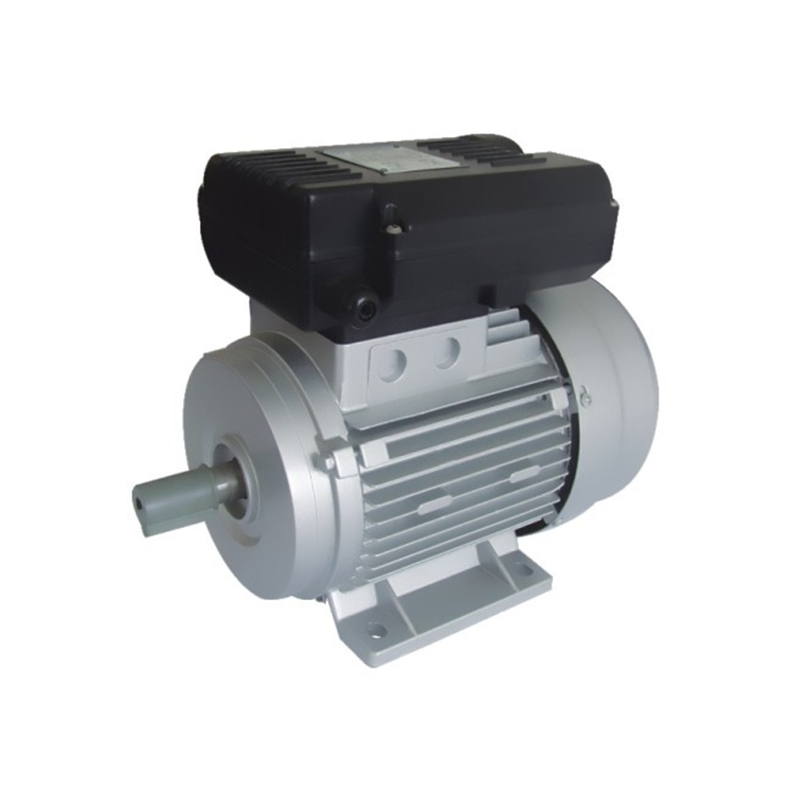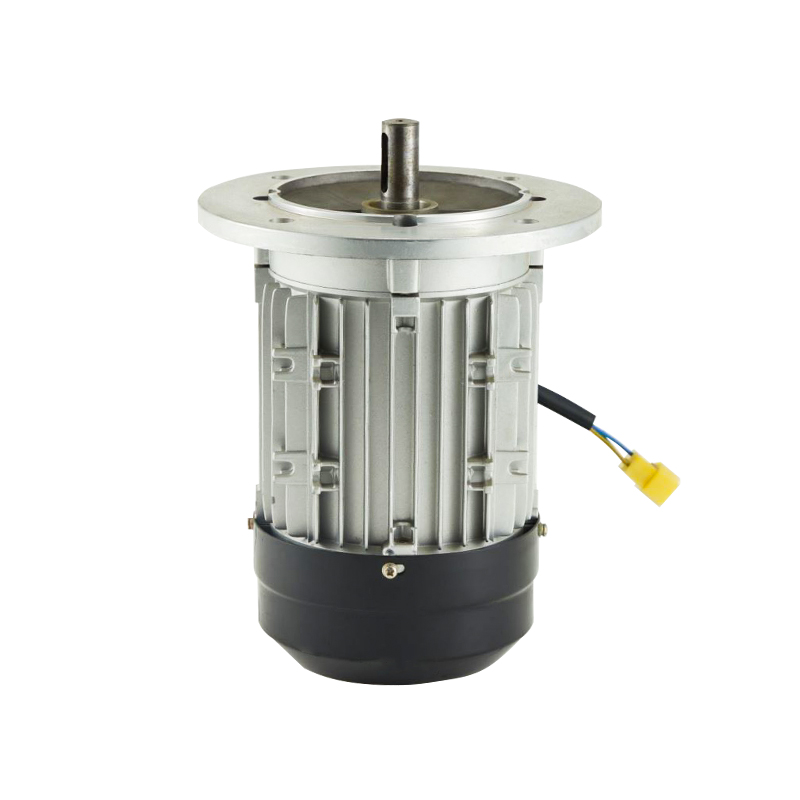When you’re evaluating an air compressor motor manufacturer, one of the first questions you’ll encounter is whether they offer permanent magnet motor options. And when selecting a permanent magnet motor factory, buyers often specifically want to understand the tangible performance benefits in compressor systems.
Key Questions to Ask When Evaluating a Permanent Magnet Motor Factory
Since not all permanent magnet motors (nor all factories) are created equal, here are important questions to help you filter good suppliers from average ones.
1. Magnet Material and Quality
Ask which magnet materials are used (for example, NdFeB, SmCo, etc.). Good factories will source high-grade materials with stable coercivity, resistance to demagnetization, and consistent performance under temperature stress.
2. Demagnetization and Thermal Protection
Permanent magnets can lose effectiveness under high temperature or overload. A reliable factory will design protection mechanisms—such as thermal sensors, proper cooling paths, or backup excitation systems—to preserve magnet integrity.
3. Design for Overload and Extreme Conditions
Compressor motors sometimes must endure harsh startup loads or intermittent overloads. The motor factory should show design considerations and testing data for how their permanent magnet motors handle such conditions, including transient response and overload tolerance.
4. Integration with VFDs and Control Systems
Because permanent magnet motors are often paired with VFDs, compatibility and control tuning become critical. Ask the factory about their experience in matching motors with drives, tuning parameters, and how they mitigate issues like harmonics, torque ripple, or resonance.
5. Testing, Certifications, and Quality Assurance
A credible permanent magnet motor factory should provide testing reports (e.g. no-load losses, efficiency curves, thermal performance) and have certifications such as CCC, CE, ISO9001. These assure that the products meet consistent quality and performance benchmarks.
6. After-Sales Service & Monitoring
Permanent magnet motors have sophisticated behavior; good service support is vital. Choose a factory that offers performance monitoring, spare parts, maintenance guidance, and prompt technical support.
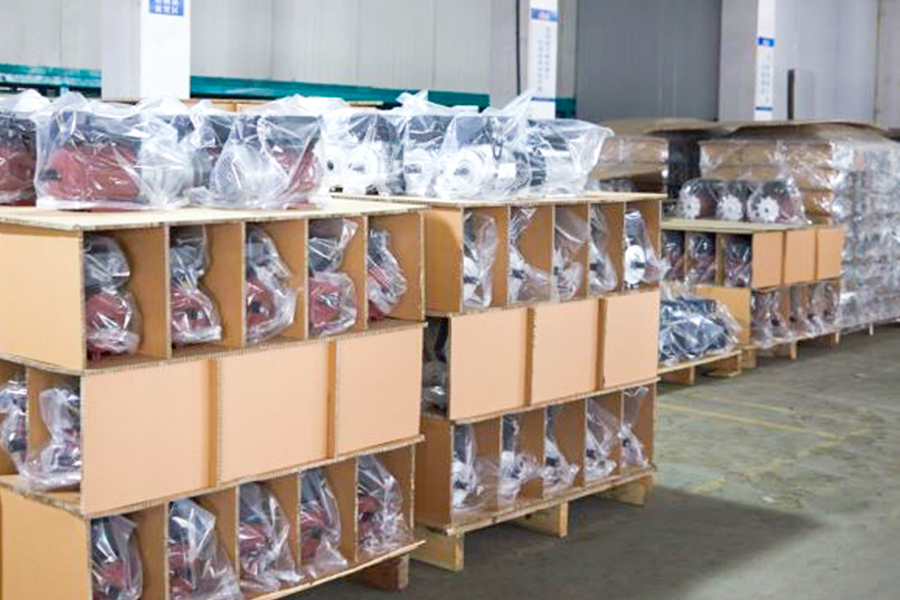
Why Permanent Magnet Motors Are Gaining Interest in Compressor Systems
Efficiency Gains Under Real-World Conditions
One of the primary selling points is that permanent magnet motors tend to deliver higher efficiency, especially under partial-load operation, which is very common in air compressor systems. Because the rotor’s magnetic field is supplied by permanent magnets rather than by rotor current, losses associated with excitation and rotor winding heating are significantly reduced.
In many industrial settings, compressors don't always run at full capacity. Partial or variable load conditions are common. Under those conditions, permanent magnet motors can maintain relatively high efficiency levels, helping to lower electricity costs over time.
Reduced Heat, Lower Stress, Longer Lifespan
Less energy loss means less heat generated within the motor. Heat is a key enemy of insulation, bearings, and other mechanical parts. By operating cooler, a permanent magnet motor can help extend the life of these critical components and reduce the risk of thermal degradation.
Better Power Density and Compact Design
Permanent magnet motors typically offer higher power density: more power output for a given size or weight. This allows for more compact motor designs, which can save space in tight installations or make retrofitting easier.
Improved Dynamic Response and Control
Many modern compressor systems use variable frequency drives (VFDs) to manage output and match demand. Permanent magnet motors often have lower rotor inertia and superior torque control, making them more responsive to dynamic changes in load.
That means quicker ramp-up, better modulation, and smoother operation when the demand fluctuates, which is common in many industrial and commercial air compression applications.

